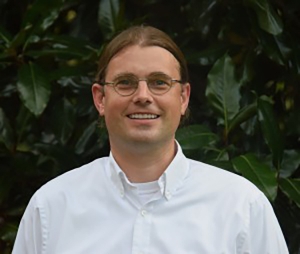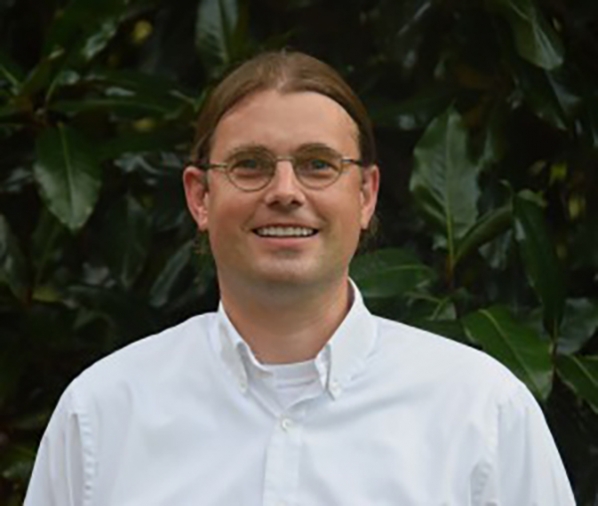Dr. Alun L. Lloyd, Department of Mathematics and Biomathematics Graduate Program, N.C. State University
Friday, Oct. 26, 2018
3 - 4 p.m.
Walker Hall, Room 103A
This talk is free and open to the public.
Mathematical models have provided much insight into the control of infectious diseases and are now routinely used during epidemics caused by emerging pathogens (e.g. ebola, Zika). We lack effective vaccines for many infections, so disease control measures often instead attempt to directly reduce transmission.
As an example, the main control measure for the mosquito-borne dengue virus has been mosquito control, e.g. by spraying insecticide aimed at adult insects. In this talk we discuss counter-intuitive behavior that can result when such control measures are employed for a transient period against an endemic infection.
Building on an observation in a recent study of Okamoto et al., we demonstrate the epidemiologically-troubling result that there can be time windows over which the total number of disease cases can exceed the number that would have occurred if no intervention had been employed – accumulation of susceptibles during the control can lead to a large outbreak following the end of the control. This outbreak can be so severe that all the benefit accrued during control can be overcome. We show that this phenomenon can occur in a broad class of infection models and discuss public health implications, including for clinical trials of proposed control measures. This is joint work with Brandon Hollingsworth, Kenichi Okamoto and Fred Gould.
After studying mathematics as an undergraduate at Trinity College, Cambridge, Lloyd moved to the Department of Zoology in Oxford to do a Ph.D. with Robert May, which he completed in 1996. He remained in Oxford to do a postdoc, on a Medical Research Council Non-Clinical Fellowship and a lectureship at St. Hilda’s College.
In 1999 he moved to the U.S. for a four-year stint as a Long-Term member in the Institute for Advanced Studies Program in Theoretical Biology. He took up a faculty position in the Department of Mathematics and the Biomathematics Graduate Program at N.C. State in 2003, he is now the Drexel Professor of Mathematics. He has been Director of the Biomathematics Graduate Program since 2007, and was Director of the Center for Quantitative Sciences in Biomedicine between 2014-17.
Lloyd has broad interests in the area of mathematical biology, but primarily in the area of ecology and epidemiology of infectious diseases. Much of his current work focuses on mosquito-borne infections and the use of novel genetic technologies for their control. He also has interests in questions relating to parameter estimation for models of biological systems.
Sponsored by the Department of Mathematical Sciences in the College of Arts and Sciences at Appalachian State University. Please contact Quinn Morris morrisqa@appstate.edu or Travis Weiland weilandtj@appstate.edu or visit the department colloquium website https://mathsci.appstate.edu/activities-outreach/department-colloquia to view more information and see other upcoming events.
###
About the Department of Mathematical Sciences
The Department of Mathematical Sciences offers undergraduate degrees in actuarial science and mathematics, with concentrations in business, computation, life sciences, physical sciences, secondary teaching and statistics, plus a general, self-designed concentration. The department also offers the Master of Arts in mathematics, with concentrations in college teaching and secondary teaching. Learn more at https://mathsci.appstate.edu.

